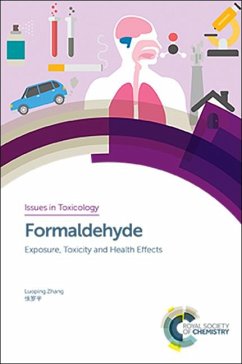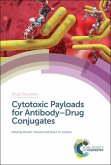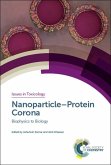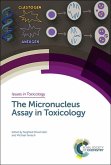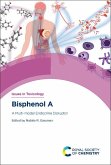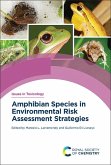Formaldehyde is virtually ubiquitous in the modern environment due to its cost-effective nature, its use in resin formation, and its preservative properties. Though formaldehyde is necessary for many products and processes important to the world's economy, this economic dependence on formaldehyde comes at a cost to public health.
Growth and consequent industrialization rely heavily on formaldehyde use. New buildings-residences, public places, and offices-are not only built with timber preserved by formaldehyde, but they are also furnished with wood, wool, and textile products that contain formaldehyde. The general population faces environmental exposure from indoor and outdoor air pollution, food, and even medicine. Scientific inquiry into formaldehyde exposure has grown in response.
This book consolidates the new and established body of formaldehyde research in the scholarly community, focusing on exposure, genotoxicity, and adverse health outcomes. Through this resource, we hope to increase awareness of the broad range of health effects posed by formaldehyde exposure, and to encourage interdisciplinary interest, as well as research, into this pervasive compound-especially in the United States and China, where formaldehyde production and usage is high. This book will be useful to researchers of environmental and occupational exposure, students, and government regulators and anyone exposed to formaldehyde in the workplace and/or at home.
Growth and consequent industrialization rely heavily on formaldehyde use. New buildings-residences, public places, and offices-are not only built with timber preserved by formaldehyde, but they are also furnished with wood, wool, and textile products that contain formaldehyde. The general population faces environmental exposure from indoor and outdoor air pollution, food, and even medicine. Scientific inquiry into formaldehyde exposure has grown in response.
This book consolidates the new and established body of formaldehyde research in the scholarly community, focusing on exposure, genotoxicity, and adverse health outcomes. Through this resource, we hope to increase awareness of the broad range of health effects posed by formaldehyde exposure, and to encourage interdisciplinary interest, as well as research, into this pervasive compound-especially in the United States and China, where formaldehyde production and usage is high. This book will be useful to researchers of environmental and occupational exposure, students, and government regulators and anyone exposed to formaldehyde in the workplace and/or at home.
Dieser Download kann aus rechtlichen Gründen nur mit Rechnungsadresse in A, D ausgeliefert werden.

